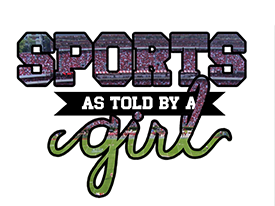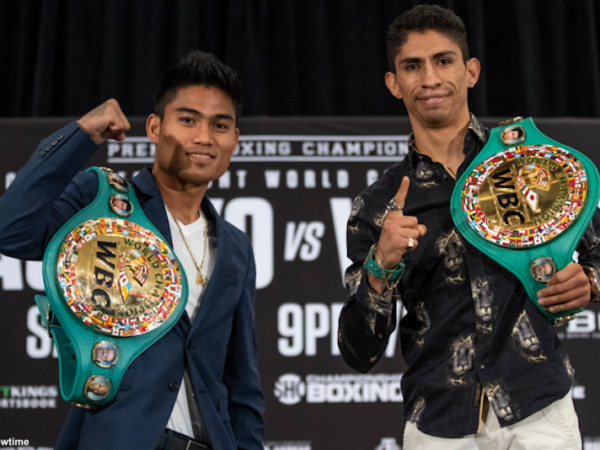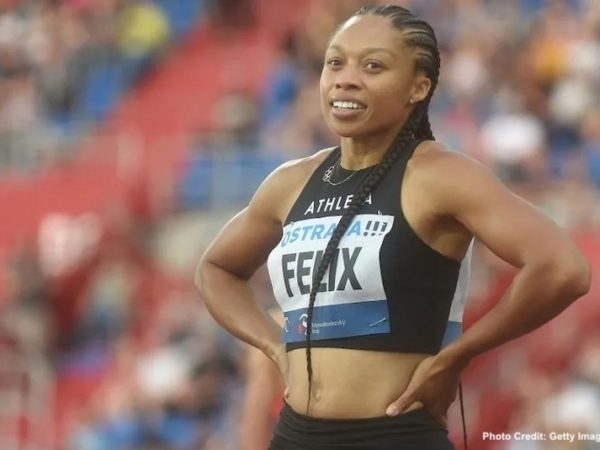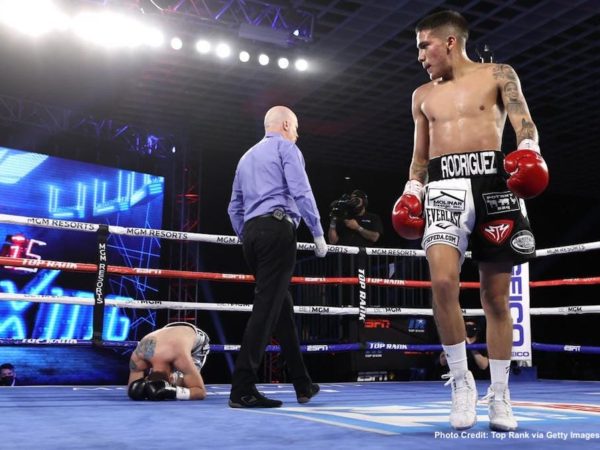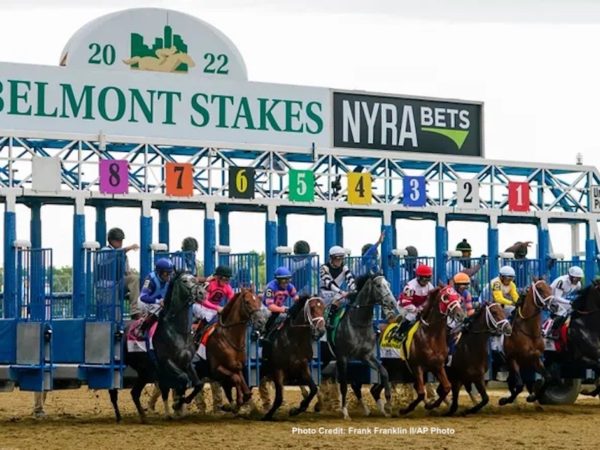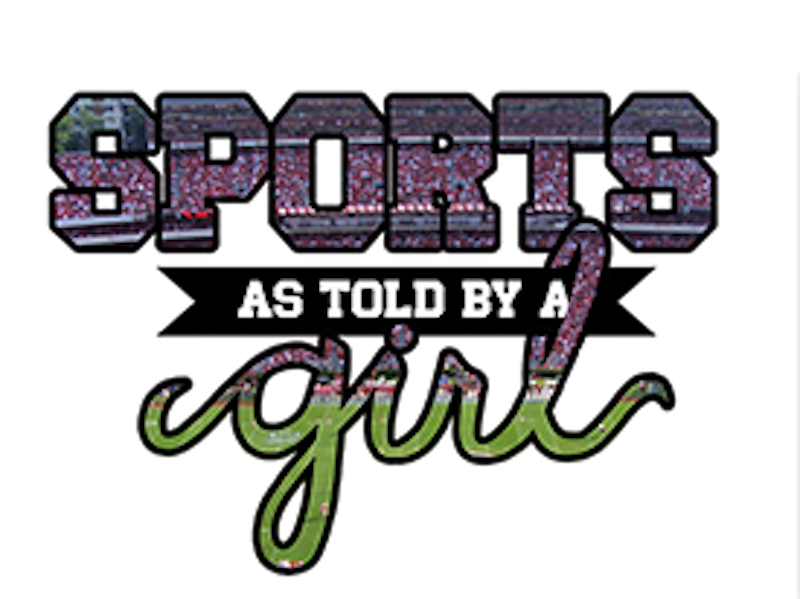North American horse racing offers a variety of experiences for those who love to watch or bet. The purses vary wildly, as do the pay-outs for betters, and the opportunities for racehorses and their connections, depending on the track. The general horse races are broken down as such:
Claiming Races
Many races run on any given track across the U.S. are claiming races. They are for horses that can be “claimed” or purchased at a specified price at the time of entry. Before the race is run, a claim is put in for the horse and the claimant gets to take the horse home afterward. The original owner of the horse gets the purse money. If there is more than one claim for any given horse, there is a random draw to determine the winner. Claiming races can include very cheap horses that later go on to be champion racers.
Optional Claiming or Allowance-Option Claiming Races
These are growing in popularity in American tracks. They involve both allowance races (see below) and claiming races together. So the field may include horses entered for the specific claiming price. However, others are running on the allowance conditions provided and accepted by owners.
Maiden Races
These are specifically for horses that have yet to win a race. There are four different types of maiden races – special weight, state-bred, claiming, and state-bred claiming. You may hear the term “he broke his maiden” in the racing world. This means a horse finally won a race and can now move up to some of the more lucrative races and purses. Any race can be considered a maiden race for a horse reaching the winner’s circle for the first time.
Allowance Races:
These are for racehorses that meet several eligibility requirements such as the number of previous races won, the amount of their earnings at time of entry, how long it has been since they won a race, etc. There are low-level allowance races for horses that may have won just one race or are state-bred.
There are higher-level allowance races for horses that have earned a certain amount of money, won a certain amount of races, or have won a certain number of races within a specific time frame. These specialized races allow horses to be entered in a more level playing field to get experience for the next level of races, the stakes races. There are also starter handicap races that are basically starter allowance races. Each horse is required to carry a specific weight based on their form, ability, and current performance levels.
Stakes Races
These are the bigger, richer, more prestigious races that are usually saved for weekends and feature horses that have proven their worth on the track. There are restricted and non-restricted stakes races. The restricted lower-level races have various requirements that must be met for a horse to qualify to enter. Stakes races are for the top horses. The purses can run into the millions of dollars.
For the non-restricted, these are divided into three Grades – Grade I, Grade II and Grade III. The most prestigious races are the Grade 1s, These include the Triple Crown races, the Breeders’ Cup Classic and numerous other major races that attract the best horses not just from American stables, but from all over the world. There are no restrictions to enter with the exception of gender or age for some races. These top races are also called marquee races and draw the largest crowds and television viewing audiences. Many are part of a week or weekend of festivities and celebrations. Races are given a grade by the American Graded Stakes Committee or, as in Canada, the Jockey Club’s own Graded Stakes Committee.
Stakes races of both types offer larger purses and often require owners to pony up (pun intended) some entry fee money to get their horses on the track (such as the Pegasus World Cup). The racetrack itself filling in any extra monies needed to pay out the full purses.
Black Type Races
For a horse that wins one of these specific races of importance, their value as a stud goes up. They are entered in bold, “black type” into a racing database such as The Jockey Club, Equibase, BrisNet, or others. These databases are basically sales catalogs used by owners and breeders when looking for specific breeding reports and pedigrees for themselves or their clients. A horse with its name in black type can bring far more in stud fees than one that isn’t. These races are as important as Graded stakes races for their own specific reasons.
